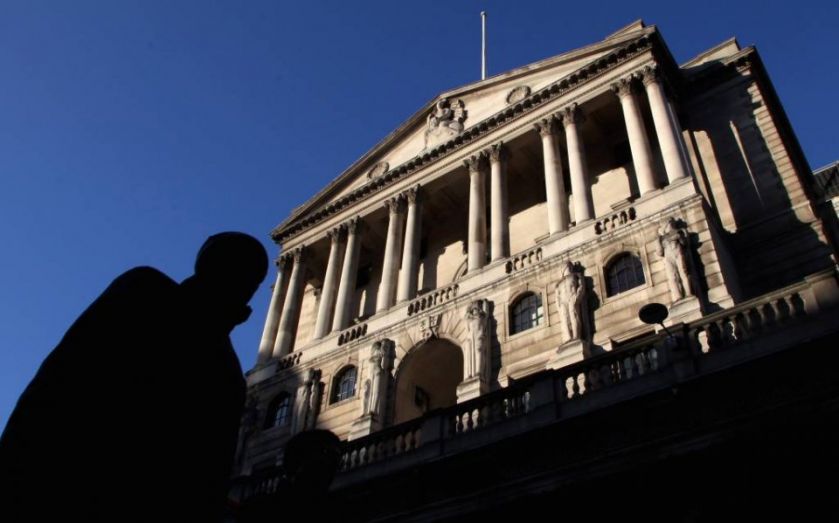A tale of two economies: Why the Bank of England risks a sharp hike in interest rates

We were offered two conflicting views of the UK economy yesterday, from the monthly Labour Market Statistics and the Bank of England’s quarterly Inflation Report.
The Labour Market Statistics presented a picture of a booming economy and accelerating wage inflation. Unemployment has fallen by about 400,000 over the past year and the jobless rate is at its lowest for nearly seven years.
Employment in the UK has exceeded 31m for the first time ever, with my PwC colleague John Hawksworth describing the UK as an “incredible job creating machine”. And many job vacancies remain unfilled – nearly 750,000 in the first quarter of this year, the highest level recorded since at least 2001.
For some time, economists have argued that wage growth was not responding to lower unemployment. Well now it is. In March, annual growth of regular pay in the private sector was 3.3 per cent – the highest since mid-2008, before the collapse of Lehmans.
The general picture from the UK labour market is of a strongly growing economy, a tightening labour market, and upward pressure on wages.
Meanwhile, at the Bank of England, the tone and content of the latest Inflation Report was very different. Unemployment is expected to continue to fall, but very slowly – at less than half the rate of reduction seen in the past year. Forecasts for economic growth and wage increases have been revised down. Inflation is set to rise extremely slowly – still less than 1 per cent by the end of this year. Interest rates are not expected to rise until the middle of next year, and will be less than 1.5 per cent in mid-2018.
The Bank’s forecasts embody a sharp rebound in productivity, which has been sluggish for most of the recovery so far. And they reflect the view that weak growth in the Eurozone will hold back the UK economy.
However, the Bank has been making these assumptions for some time and they have not proved correct. For about five years, the Bank has been projecting a productivity rebound which has not arrived. And while the weakness of the Eurozone did hit UK growth in 2011 and 2012, we’ve since had over two years of strong growth, with our economy outperforming the rest of Europe.
Indeed, the data for the euro area economies released yesterday showed stronger than expected growth – including an encouraging rebound in Spain, France and even Italy.
So which picture should we believe? I would put more faith in the strong labour market statistics, which have told the story of the UK economy pretty faithfully throughout the recovery.
The UK has a tightening labour market – with increasing upward pressure on wages, particularly in the private sector. That implies inflation rising more quickly than the Bank expects. And interest rates are therefore likely to respond more quickly too.
By leaving the first rate rises too late, the MPC runs an increasing risk of a sharp upward adjustment, not the gradual increase we’d all like to see.